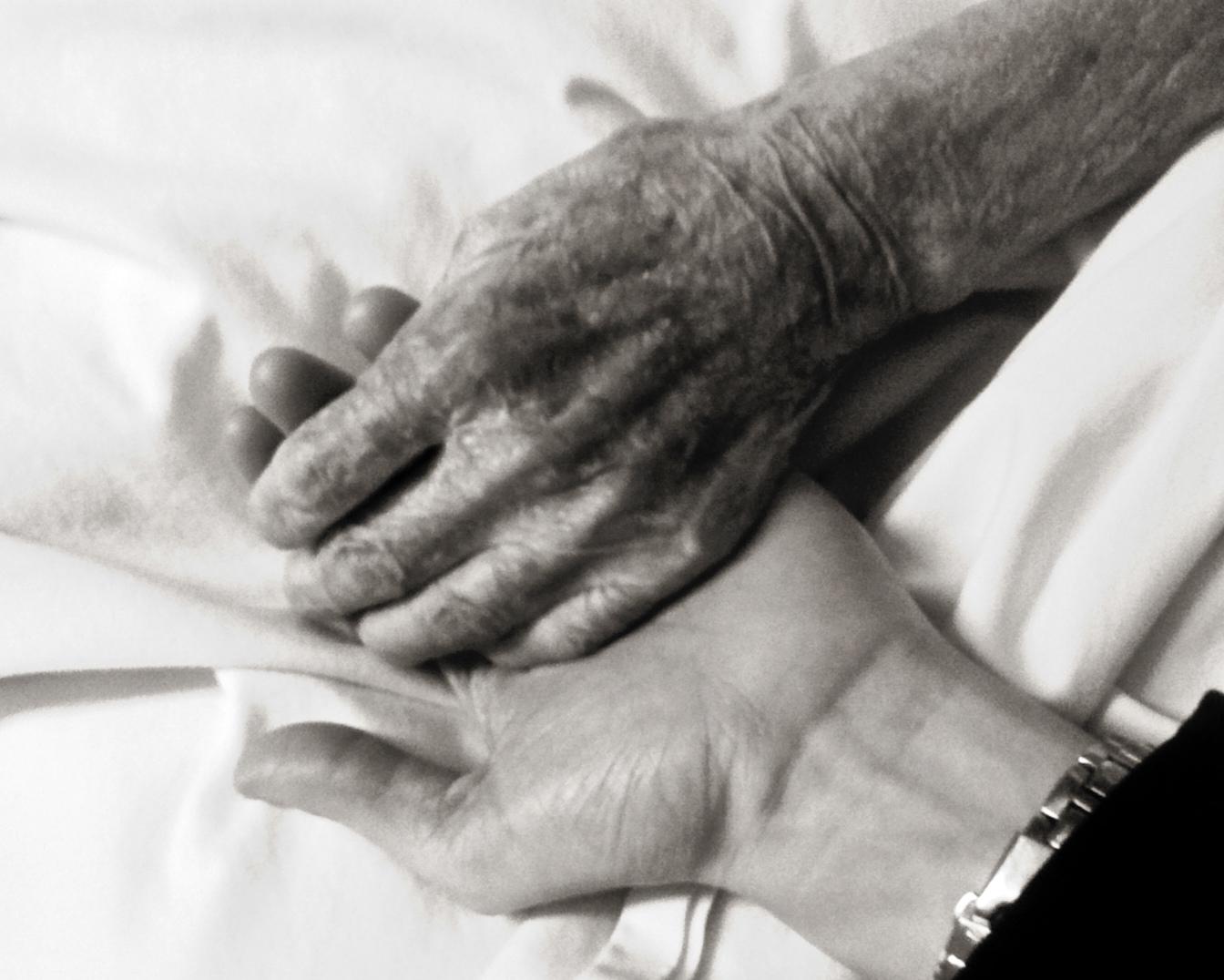A new husband’s care for his father’s dead body changed his wife’s view of death and dying
We’re a little squeamish about dead bodies in this country. But there’s nothing like encountering another culture’s traditions to shock you out of your own
In the 1990s, Rebecca Dopart was working as a Peace Corps volunteer in a tiny village in Poland. She fell in love and got married there. Then, three weeks after the wedding, her husband Janusz’s father died. What happened next opened her eyes to a different way of thinking about death and the human body.
(Editor's note: This is part of a full series on death and dying produced by To The Best of Our Knowledge. Several pieces will be featured here on PRI.org in the coming weeks — but you can see all of it at TTBOOK.org)
“We walked into this room where there were six to eight beds lined up against the windows,” Dopart says. “There were living patients in the other beds. In the middle was my father-in-law, and he was dead. I sat against the wall in a chair and watched as my very new husband pulled up a chair next to his father, pulled out a straight-edge razor and just started to shave him.”
The people next to Janusz’s father, in the other beds, were drinking tea and reading the paper, Dopart says. “No one was fazed by it. It was all normal.”
Dopart was overwhelmed with emotion and thought she was going to faint from the “whole ‘hospital-ness’ of it,” and the idea that it was a dead body. “And yet,” she says, “there was something amazing and beautiful and sweet — that this brand-new husband I had was shaving his father.”
When she asked Janusz why he didn’t let the nurses or someone else do it, he replied, “Why would I? It’s my father.”
Dopart says she has come to think that Polish people have “a very emotionally mature way of seeing death as a part of life; of seeing the body for what it is and what it isn't.” The body was Janusz’s father’s body, so it deserved to be shaven and dressed by his son, and at the same time it was just his body — it wasn’t him.
Janusz and the other patients approached tending to the body in a way that said, “‘Everything in life is hard. Death is just a part of it,” Dopart says. “‘Death is not the hardest thing or the worst thing. There are a lot of things about life — some are great, some are bad. This is just one part of it.’”
This article is based on a story that aired on PRI's To The Best of Our Knowledge
